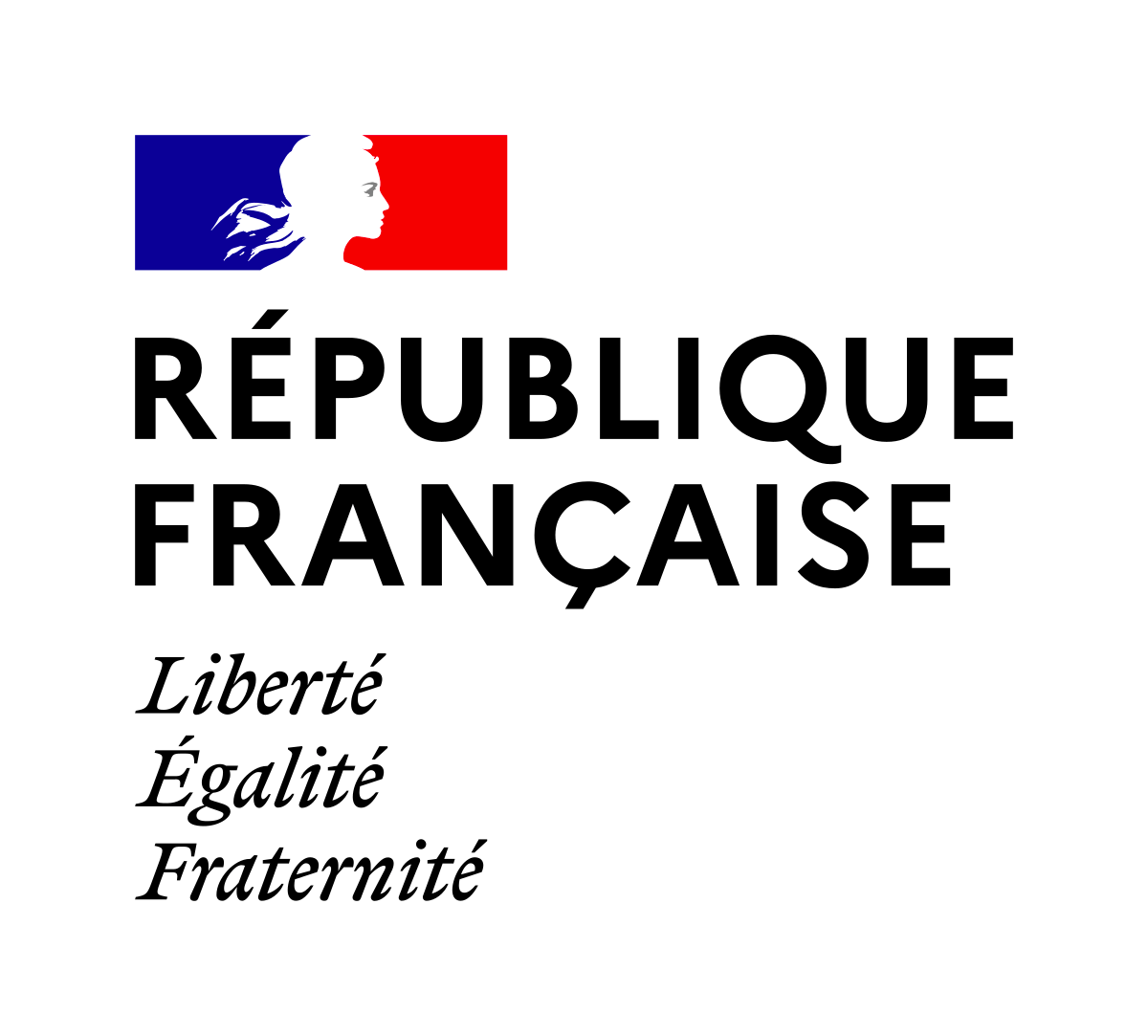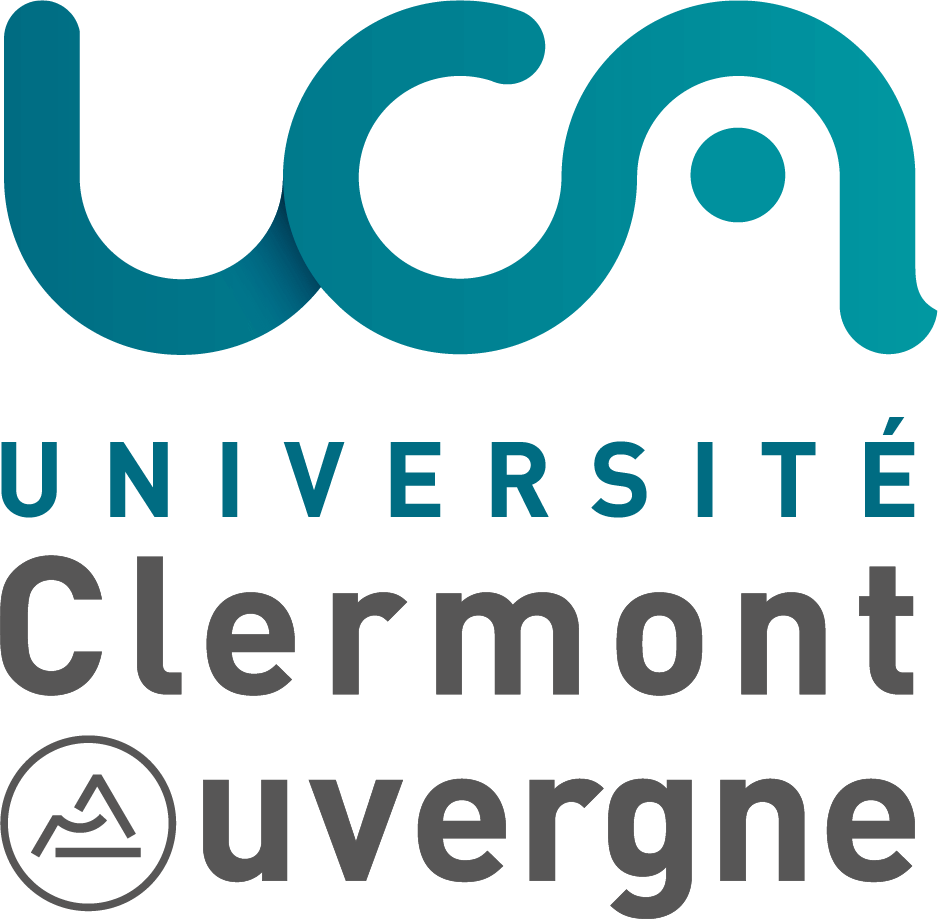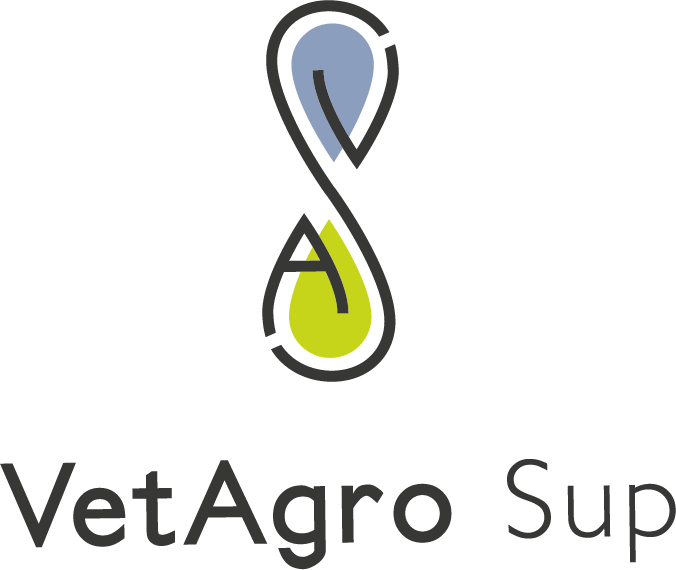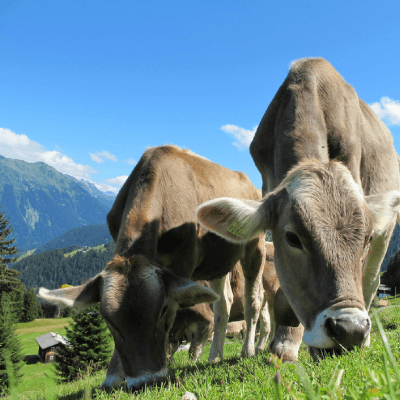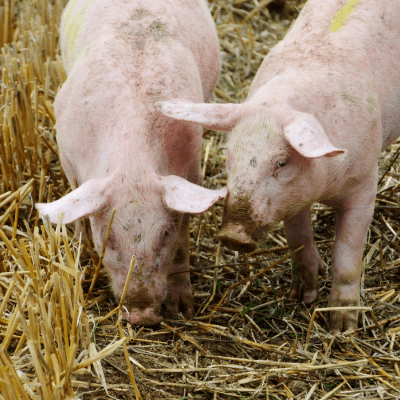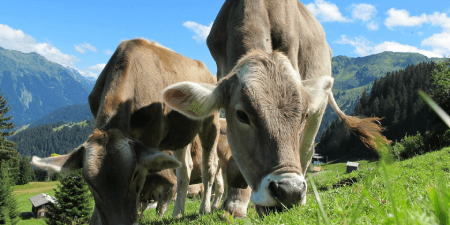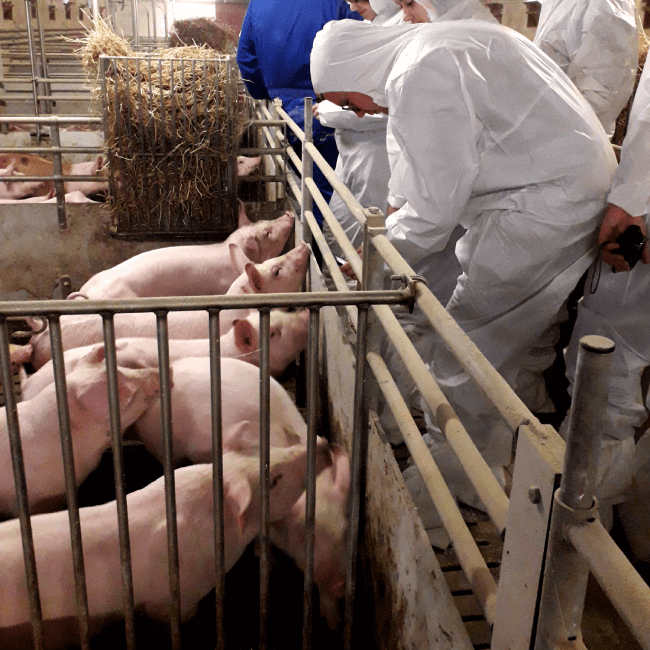In a context of multiple crises, it is necessary for livestock farming to adapt and improve production methods by capitalizing on successful experiences and European know-how.
Livestock farming must, therefore, be considered through the quality of animal production methods, that take into account environment, health, safety, ethics, product quality, territorial development, economy of animal and crop production sectors and also consumption patterns.
This is the global quality approach. This approach requires new skills, particulary multidisciplinary approaches and global evaluation methods, which will be developed in this Master’s degree.
The Master Gloqual aims to train managers to think about the livestock systems of tomorrow.
